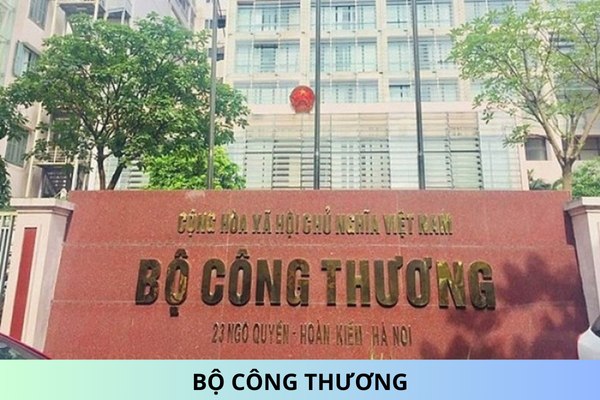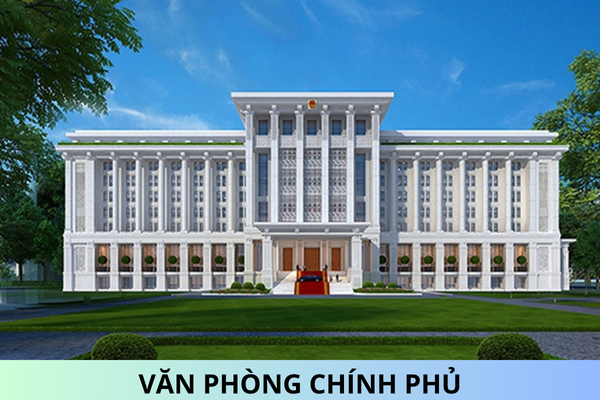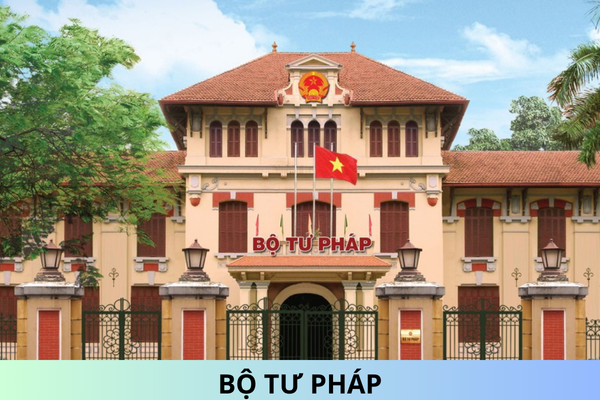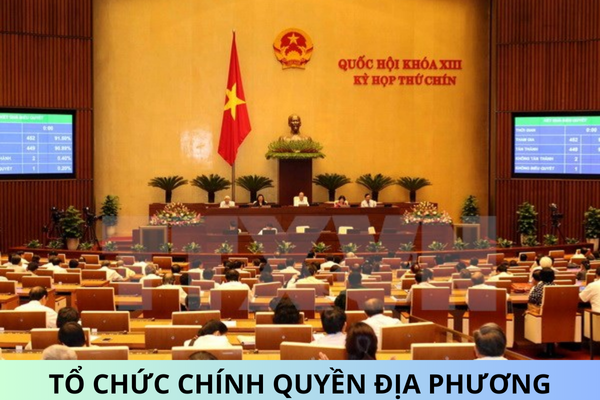Which positions are authorized to regularly use one car, even during business trips, without specifying the price limit?
Which Titles Are Allowed to Regularly Use a Car Even During Business Trips Without a Price Regulation?
According to Article 4 of Decree 72/2023/ND-CP, the titles allowed to regularly use a car, even after retirement, without a price regulation include:
Titles Regularly Allowed to Use One Car, Even After Retirement, Without a Price Regulation
General Secretary.
President.
Prime Minister; Chairman of the National Assembly.
Furthermore, according to Article 5 of Decree 72/2023/ND-CP, the titles allowed to regularly use a car during business trips without a price regulation include:
Titles Regularly Allowed to Use One Car During Business Trips Without a Price Regulation
1. Standing Committee of the Secretariat; Member of the Politburo; Member of the Secretariat; Chairman of the Central Committee of the Vietnam Fatherland Front; Chief Justice of the Supreme People's Court; Chairman of the Supreme People's Procuracy; Vice President; Deputy Prime Minister; Deputy Chairman of the National Assembly.
- Provision regime:
a) In the case of purchasing new cars, the Prime Minister shall decide the type and purchase price of cars equipped for the titles stipulated in Clause 1 of this Article based on the proposal of the Minister, the head of a central agency, or the Chairman of the relevant provincial People's Committee.
b) In the case of providing cars through allocation or transfer, the responsible parties shall follow regulations on the management and use of public assets to decide on the allocation or transfer of cars for the titles stipulated in Clause 1 of this Article. The procedure for allocation or transfer will be carried out according to regulations on the management and use of public assets.
Accordingly, the titles regularly allowed to use a car, even after retirement, without a price regulation include:
- General Secretary.- President.- Prime Minister.- Chairman of the National Assembly.
Titles regularly allowed to use a car during business trips without a price regulation include:
- Standing Committee of the Secretariat.- Member of the Politburo; Member of the Secretariat.- Chairman of the Central Committee of the Vietnam Fatherland Front; Chief Justice of the Supreme People's Court.- Chairman of the Supreme People's Procuracy.- Vice President.- Deputy Prime Minister.- Deputy Chairman of the National Assembly.
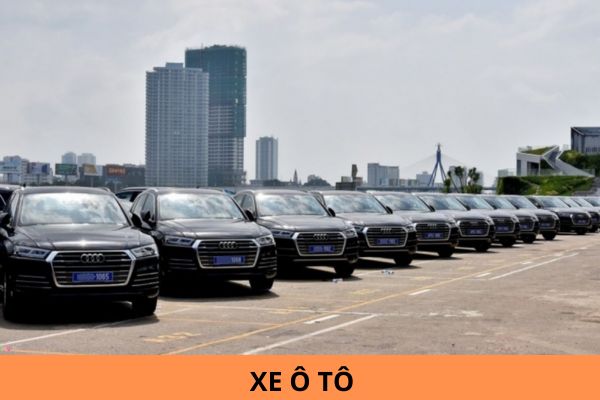
Which titles are allowed to regularly use a car during business trips without a price regulation? (Image from the Internet)
What are the Specialized Cars?
Based on Article 16 of Decree 72/2023/ND-CP, as amended by Clause 7 of Article 147 of Decree 96/2023/ND-CP, the types of specialized cars include:
Types of Specialized Cars
- Specialized cars in the health sector, including:
a) Ambulances:
- Ambulances meeting standards as regulated by the Ministry of Health.
- Ambulances with specialized structures (vehicles with spacious interiors equipped with machinery and medical equipment for emergency and intensive care on the vehicle).
b) Specialized cars with particular structures used in the health sector, including:
- Mobile X-ray vehicles.
- Mobile eye examination and treatment vehicles.
- Mobile testing vehicles.
- Mobile surgical vehicles.
- Blood collection vehicles.
...
Thus, the specialized cars include:
[1] Specialized cars in the health sector, including:
- Ambulances, which comprise:+ Ambulances meeting standards as regulated by the Ministry of Health.+ Ambulances with specialized structures.
- Specialized cars with particular structures used in the health sector, including:+ Mobile X-ray vehicles.+ Mobile eye examination and treatment vehicles.+ Mobile testing vehicles.+ Mobile surgical vehicles.+ Blood collection vehicles.+ Vaccine and biological transportation vehicles.+ Other vehicles designed specifically for medical examination and treatment, disease prevention, and testing activities.+ Cars equipped with specialized equipment for health care and protection of middle and high-level staff.+ Vehicles for transporting blood and medical samples, including: pathological samples, infectious disease samples, food samples, medicinal samples (including vaccines and biologicals), environmental health samples.+ Patient transport vehicles.+ Forensic examination vehicles, corpse transport vehicles.+ Vehicles carrying mobile sprayers and chemicals.+ Vehicles used for the collection and transport of tissue and organs for transplantation.+ Vehicles for transporting meals for mentally ill patients.+ Vehicles for transporting specialized medical equipment in the field of infectious diseases.+ Vehicles with attached educational models, simulation models, and teaching tools.+ Other vehicles with specialized equipment used for medical examination, treatment, disease prevention, and testing activities.+ Regional directive vehicles equipped with specialized equipment.+ Technology transfer vehicles equipped with specialized equipment.+ Vehicles with specialized equipment used for clinical research, post-injection monitoring, and incident handling at vaccination sites.
[2] Vehicles with special structures:
- Vehicles for transporting cash, gold, and precious stones.- Vehicles equipped with laboratories, cranes, garbage collection and compression trucks, garbage and waste collection vehicles.
[3] Vehicles equipped with specialized equipment or vehicles with identifiable logos as regulated by law:
- Vehicles with satellite receiving and transmitting equipment.- Mobile broadcasting vehicles.- Traffic inspection vehicles.- Funeral service vehicles.- Customs supervision vehicles.- Training and testing vehicles, cash escort vehicles, etc.
[4] Cargo trucks.
[5] Vehicles with more than 16 seats.
What are the Usage Limits for Cars Used for General Tasks by Central Agencies?
Based on Clause 1, Article 9 of Decree 72/2023/ND-CP, the usage limits for cars used for general tasks by central agencies are determined as follows:
- Units with up to 20 staff members: A maximum of one car per two units.- Units with over 20 to 50 staff members: A maximum of one car per unit.- Units with over 50 to 100 staff members: A maximum of two cars per unit.- Units with over 100 to 200 staff members: A maximum of three cars per unit.- Units with over 200 to 500 staff members: A maximum of four cars per unit.- Units with over 500 staff members: A maximum of five cars per unit.
- Central agencies with 20 or more staff members will not combine these units' staff numbers into the staff numbers of divisions and equivalently to determine the limit of cars used for general tasks as specified above; the usage limits for cars used for general tasks of subordinate units are determined as follows:
+ Units with 20 to 50 staff members: A maximum of one car per unit.+ Units with more than 50 staff members: A maximum of two cars per unit.


